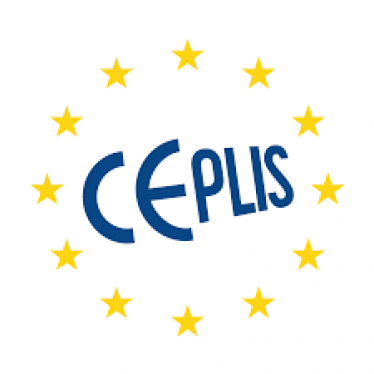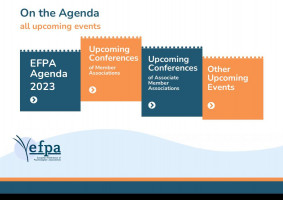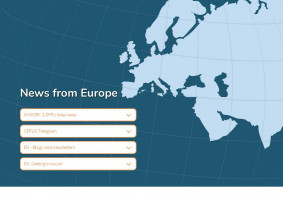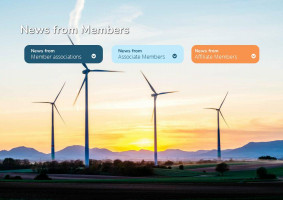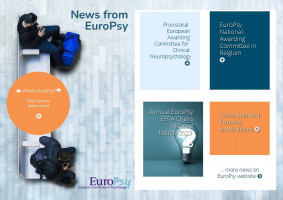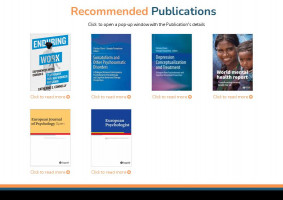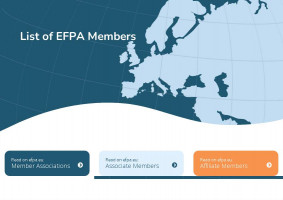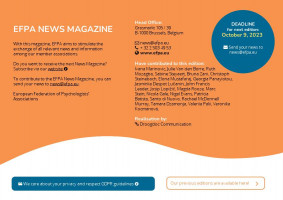_w382_h430_1.jpg)
Davide Giusino is member of the Unibo team in the H-WORK project, member of the leading team of WP6, focused on exploitation of the H-Work project through the development and validation of the Innovation platform "Mental Health at Work”
He is Registered Psychologist, PhD Candidate Psychological Sciences, member of the Human Factors, Risk and Safety – Research Unit at the Department of Psychology, Alma Mater Studiorum – University of Bologna
-
The Mental Health at Work Platform
Interview with Davide Giusino
Can you please explain what the innovation platform "Mental Health at Work” is?
The Mental Health at Work Platform is one of the main outcomes of the EU-H2020 research and innovation project H-WORK, which aimed to design, develop, implement, and validate multilevel assessment, intervention, and evaluation toolkits to promote mental health in SMEs and public workplaces across Europe. As such, it constitutes the result of a huge collaborative effort between the project Consortium (coordinated by the University of Bologna) and the Italian software house Indici Opponibili (from Bologna as well!). Concretely, it is a free digital platform that aims to help employers, HR managers, and OHS professionals address mental health at their workplace based on EU-funded international scientific research.
What is the rationale behind the platform?
According to empirical evidence from European reports, we know that most European managers are concerned about stress and mental disorders in their workplaces. However, only a minority of them have procedures in place to deal with mental issues effectively. Due to a lack of knowledge and guidance, deciding which interventions should be implemented is a common issue facing employers. One of the main challenges in this sector is, therefore, to support organisations and their representatives in recognising psychosocial risk factors as a critical concern that needs to be addressed by concrete measures. Also, a significant limitation of existing workplace interventions is the lack of cost-effectiveness evaluation, particularly in SMEs. It is, therefore, relevant to assess the cost-effectiveness, business case, and budget impact of implemented interventions from the employer's perspective. The Mental Health at Work Platform is designed as a service or tool addressing these challenges mentioned so far.3. What has your team accomplished in the project so far (results)?
Within Work Package 5 (WP 5), the team created templates to help with data collection on intervention activities and costs for each intervention implemented at the intervention sites. The team also contributed to the creation of a questionnaire for collecting data on objective organizational indicators prior to and after intervention implementation to determine whether the organization could afford the interventions within WP 3. Because organizations may implement multiple and/or multilevel interventions, the plan has been to heavily rely on academic partners at intervention sites to organize data on intervention activities and costs rather than collecting data from study participants through diaries. Thus, the academic partners have been extremely helpful in ensuring a comprehensive data collection process for economic data for each intervention.
4. What are you currently working on and what are the next steps?
Currently, our goal in WP 6 is to contribute to the development and promotion of an economic evaluation tool, which can be used as a standalone or in conjunction with other packaged tools to easily perform economic evaluation on interventions for promoting mental health from a business perspective. The tool will be integrated into the H-Work project's innovative and interactive platform or website, which will also include free downloadable resources on economic evaluation for mental health interventions. The organizational stakeholders involved in purchasing work health promotion interventions or in a position to decide (i.e., management, HR, OH providers) on occupational health and safety interventions are the target audience for this tool.
The team is eagerly awaiting the data for the Work Package (WP 5) deliverable on the economic evaluation of H-Work interventions. The team will collect data from various intervention sites across the EU and conduct statistical analysis aimed at evaluating the implemented interventions at various levels (IGLO) of the participating organizations. The team is also excited to contribute to the active dissemination of the H-work project's findings. We would like to participate in the publication of popular scientific results through appropriate channels such as journals, newsletters, and conference attendance.
5. What are your expectations regarding the outcomes of the project, after 2 and a half years of work? Has there been a change in the initial expectations?
The collaboration between the partners and work packages has been enriching and exciting. This was somewhat predictable, but you never know. We could have had more face-to-face consortium meetings to strengthen connections and networks, as well as work on ideas, but that was not to be. However, we cannot deny the importance of the project and what we have accomplished together. I believe the project concept, which began with a needs assessment and ended with organizations receiving the interventions they most needed, was spot on. We were only anticipating possible changes in outcomes. Let's say it's not long before we find out, because some of the participating organizations appear to be very interested in the project.
6. What are currently the main obstacles for your work in general and in the project?
There are not many obstacles. Of course, due to the project timelines, the deliverables for the economic evaluation may have to wait a little longer until some follow-up data is collected. Aside from that, we are on track to complete the deliverable in WP 5.
7. What has been (and still is) the impact of COVID on the work of your organization for the project?
COVID-19 came as a surprise. It dragged on for far too long, forcing all planned travel to be canceled. We held almost all our meetings online, but we could have held more face-to-face consortium meetings after the kick-off to strengthen our connections and networks. What the intervention sites have accomplished during the COVID-19 pandemic is nothing short of extraordinary. We greatly appreciate their efforts and contributions in ensuring that KI is not so much affected by COVID in terms of data for our work.
8. What is the biggest strength of your organization in advancing the project?We are a small team from KI, but we have a lot of help from the other work package members. Our organization's strength in moving the project forward stems from its expertise in research analysis, interpretation, and dissemination. In the evaluation of this complex multi-level intervention implemented across EU countries, we use the most efficient and innovative methods.
9. How do you think your organization and EFPA can collaborate?
It is important to communicate science. We believe that using the media and giving interviews to journalists is a unique opportunity to experience and share your scientific work with laypeople. We believe that we could collaborate with EFPA on communication activities and developing popular science reports for non-scientific audiences.
What are the objectives of the platform?
The aim of the platform is that of helping employers, HR managers, and OHS professionals to act on mental health at work. At its very core, the Mental Health at Work Platform is a set of services and tools that practitioners can use to act upon mental health and well-being in the organisations – especially public organisations and SMEs. It provides analytical, decision-making, intervention, and evaluation tools to promote well-being in the workplace. Through the platform, organisations can benchmark their organisations against others similar in size and sector and use the decision support system to understand recommended interventions. Also, it allows to calculate how much money an organisation could save by carrying out mental health actions.
How is the platform composed?
The Mental Health at Work Platform is composed of three main parts. First, the Interactive Tools (H-WORK Benchmarking Tool, H-WORK Decision Support System, and H-WORK Economic Calculator) can be accessed by users, who will just be requested to answer few short questions and to fill-in some basic information to get feedback, suggestions, tips, and tricks on what to do and how to do it. Then, the H-WORK Roadmap is a step-by-step guide on how to conduct a whole intervention project addressing mental health in the workplace: It illustrates how to prepare the ground for the project, how to prioritise the needs for intervention, how to plan the actions that are needed and put them into practice, and how to keep track, sustain, and measure the success of the implemented initiatives. Finally, the Policy Briefs can be downloaded to gather guidelines and recommendations to practitioners and policymakers at national and EU levels.
Who are the targets of the platform?
The users or stakeholders of the Mental Health at Work Platform are identified as any workplace mental health practitioner in Europe. This might include employers, Human Resource managers, and Occupational Health and Safety professionals. Although the platform has been thought to support SMEs and public workplaces specifically, its offer also applies to large private organisations.
The platform has already been presented on several occasions: What was the reception?
The first public version of the platform has been officially released in January 2023 and presented in several conferences and meetings to disseminate and exploit it. Some of such occasions were the national conference of the Italian Association of Psychology, the Workplace Wellness Institute conference, and the EFPA Presidents’ Council Meeting. The reception was positive, the platform has been well-received by the different audiences and raised quite some interest. Probably, the economic evaluation aspects were especially appreciated. In addition, the platform has recently gone through a user testing phase aimed at collecting users’ feedback on how to improve it and make it as fitting as possible to their preferences. Again, users’ opinions and perspective were positive. Together with constructive suggestions for improvement, users mostly appreciated the graphical layout, the functionalities, but also the possibility to integrate the platform’s tools into their routinary organisational process in order to broaden the list of tools they could deploy to address mental health of workers.
Back to top
Back to top
Blogs & newsletters
Interesting blogs to follow and newsletters to subscribe to:
Mental Health Europe
GAMIAN EUROPE - Global Alliance of Mental Illness Advocacy Networks Europe
European Commission Public Health-EU: e-newsletter
European Parliament IMCO (Internal Market Committee)
European Social Network ESN
Global Network of Psychologists for Human Rights
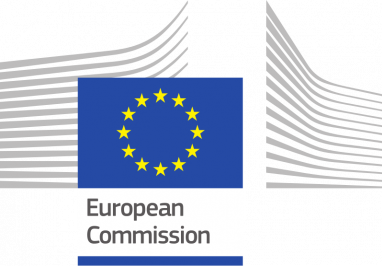
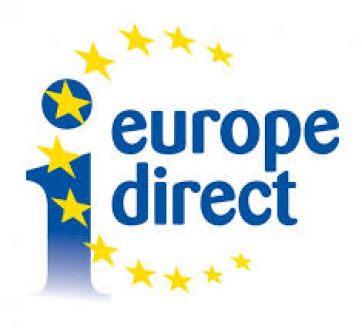
In person:
All over the European Union there are hundreds of Europe Direct information centres. You can find the address of the centre nearest you at: https://europa.eu/european-union/contact_en
On the phone or by email:
Europe Direct is a service that answers your questions about the European Union. You can contact this service:
by freephone: 00 800 6 7 8 9 10 11 (some operators may charge for these calls),
at the following standard number: +32 22999696 or
by email via: https://europa.eu/european-union/contact_en
EU publications
You can download or order free and priced EU publications here
Multiple copies of free publications may be obtained by contacting Europe Direct or your local information centre

EU law and related documents
For access to legal information from the EU, including all EU law since 1952 in all the official language versions, go to EUR-Lex at:
http://eur-lex.europa.eu
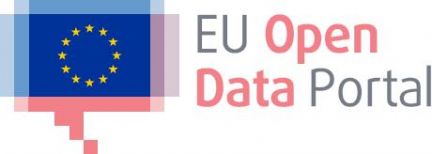
Open data from the EU
The EU Open Data Portal ( http://data.europa.eu/euodp/en)
provides access to datasets from the EU. Data can be downloaded and reused for free, for both commercial and non-commercial purposes.
Back to top
_w680_h710_1.png)
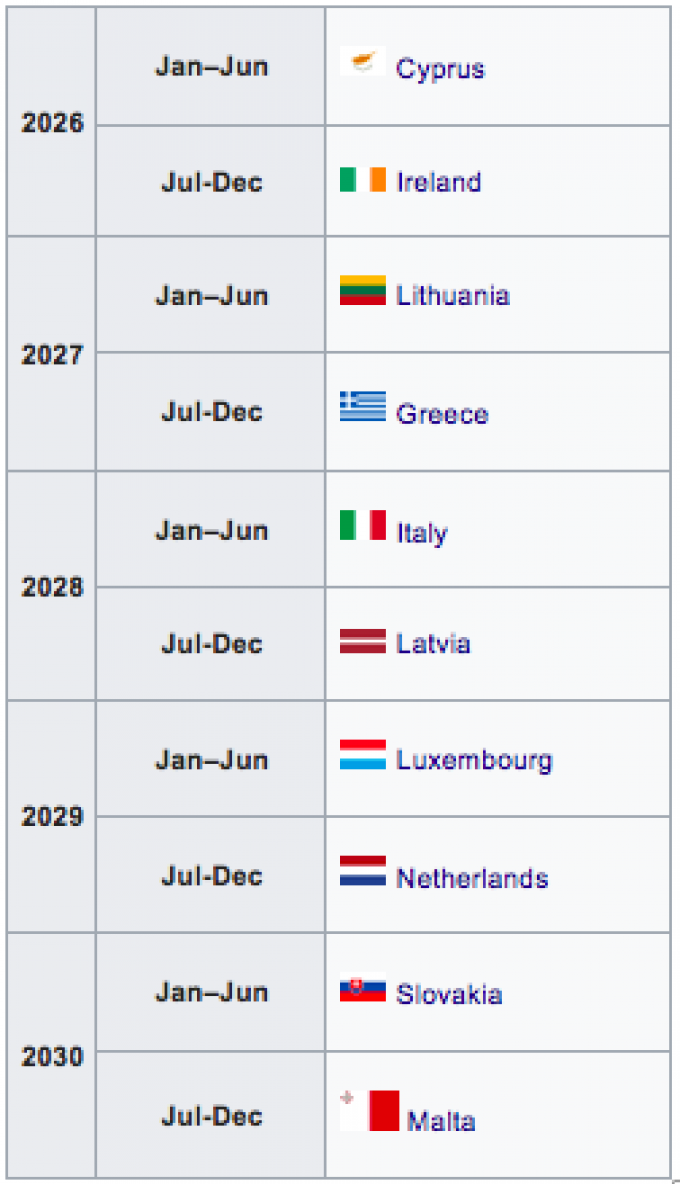
Back to top
(1)_w1700_h406_1.png)

